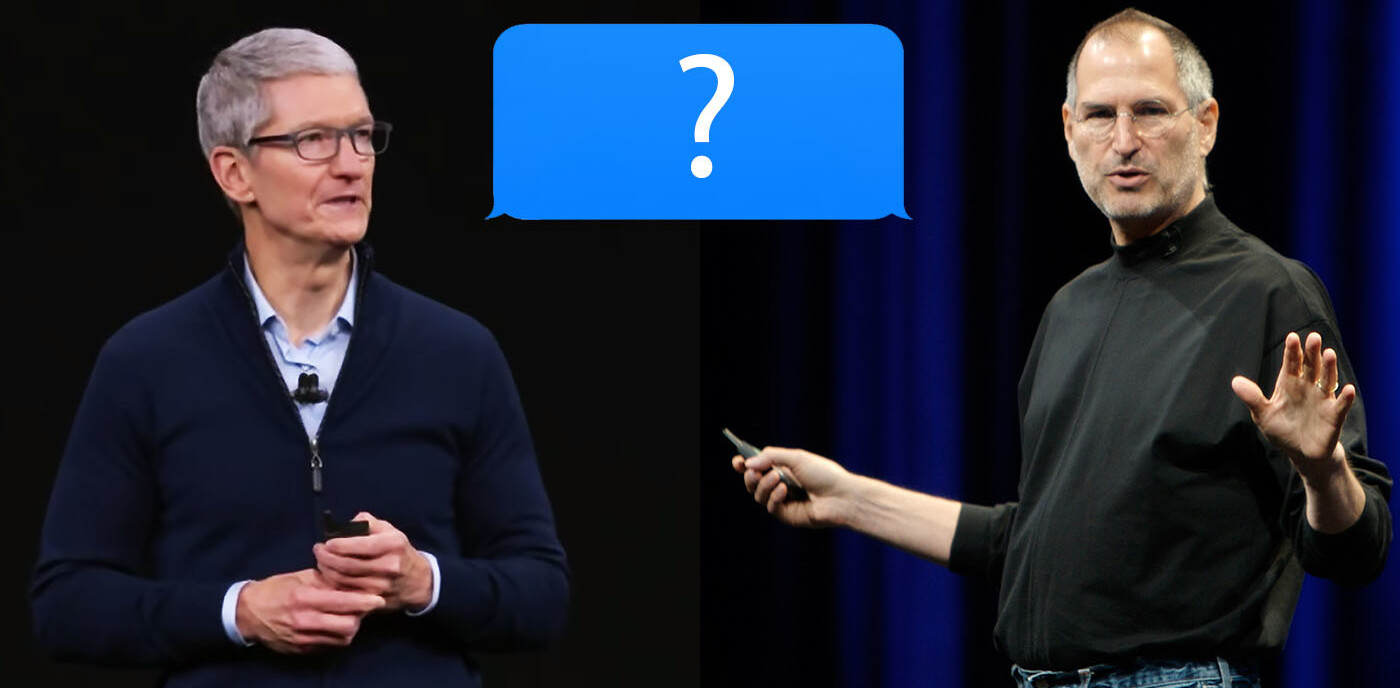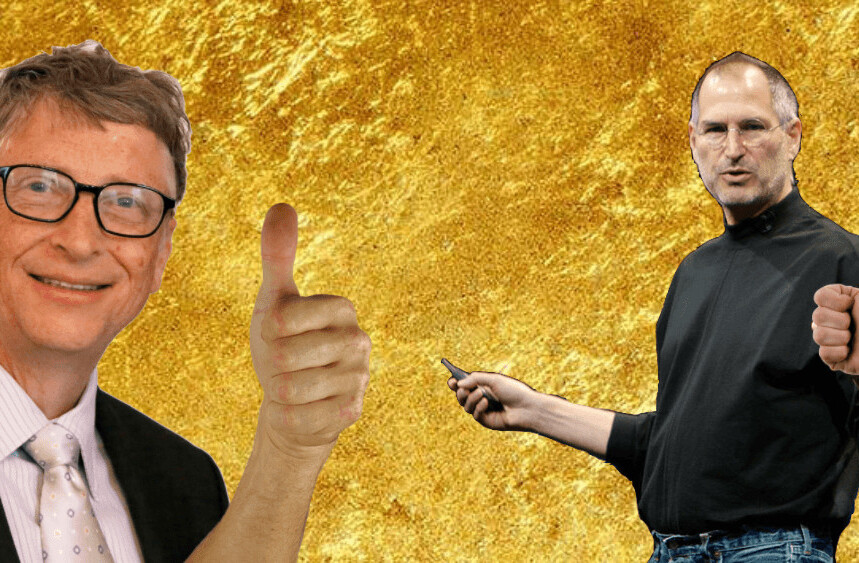
Innovation is not what it used to be. It’s no longer limited to the usual places, to the usual social groups, or the usual personality types. As it grows in scale, and as more people throughout the world use it, it stops being the privileged space for engineers and the businesspeople who lead them.
One of the most fascinating discoveries I made during the African stage of my trip was that entrepreneurs there are often activists – when it’s not, in fact, the inverse.
It’s hard to find a businessman more a priori classic than Tunisia’s Heykel Djerbi, 37 (pictured below on left). From a privileged background, he first ran a company that made detached car parts. He then put the company on the stock market – to avoid ceding to pressures made by the family of former Tunisian dictator Zine El Abidine Ben Ali, Djerbi says — before selling it. Today, he produces olive oil in southern Tunisia (creating on-site industrialization).

One year ago, Djerbi found himself unable to ignore the Tunisian revolution. In fact, he participated in it, tweeting about the events. Surprised by the sudden departure of Ben Ali on the night of January 14th, Djerbi and his friends quickly realized that, since it couldn’t flourish under the dictatorship, good journalism was going to fail in Tunisia.
He decided he’d try to fix this problem. “Why not skip a step, like they did in Sub-Saharan Africa, which went straight to mobile phones without having adopted fixed phones first?” he asked himself. He decided to create the Tunisian Association for Digital Liberties (ATLN in French), “an association, because a company wouldn’t have made sense,” he says. The resulting ATLN is an open platform for news sites, which hosts several projects like Yezzi.info, a service for denouncing police brutality and Ch9alek.org, a “rumor chaser.”
 TED Fellow, Bright Simons, a 29-year old Ghanaian entrepreneur (pictured right), provided me with the insights needed to help understand this growing convergence of activists and entrepreneurs. With Mpedigree.net, Bright is innovating in an area that could save thousands of lives: detecting counterfeit medication using SMS sent by buyers to a carefully maintained database.
TED Fellow, Bright Simons, a 29-year old Ghanaian entrepreneur (pictured right), provided me with the insights needed to help understand this growing convergence of activists and entrepreneurs. With Mpedigree.net, Bright is innovating in an area that could save thousands of lives: detecting counterfeit medication using SMS sent by buyers to a carefully maintained database.
Bright estimates that 60% of the medication sold in his country are either placebos or poison, a phenomenon common in Africa. Mpedigree is still in its initial phases, but by the end of 2011, it already worked with 8% of the medication sold in Ghana.
This is a case of a non-profit having a simple business model: a surcharge of 0.5% to 1% is added to each bottle of medication. Labs are happy to participate in a system that allows them to avoid counterfeiting. But launching a project like this in Africa takes a lot of time. According to Simmons, you have to “create an entire ecosystem for an innovation to prosper.”
In his case, he fought to ensure that a sole and unique access code would be used by every mobile operator in Ghana and the rest of the continent. Pharmaceutical labs agreed to go back and add a scratch code to all of their medications. Buyers then send the code by SMS to verify that the medication is real.
Most of the time, infrastructure and equity are missing. This is why Africa needs social entrepreneurs for innovation to occur.
“The people who support Mpedigree have an activist background. It’s in our business’s DNA,” he says, adding: “If Steve Jobs had been African, he would have been a social entrepreneur.”
Read all of Francis Pisani’s posts here on The Next Web.
Get the TNW newsletter
Get the most important tech news in your inbox each week.




